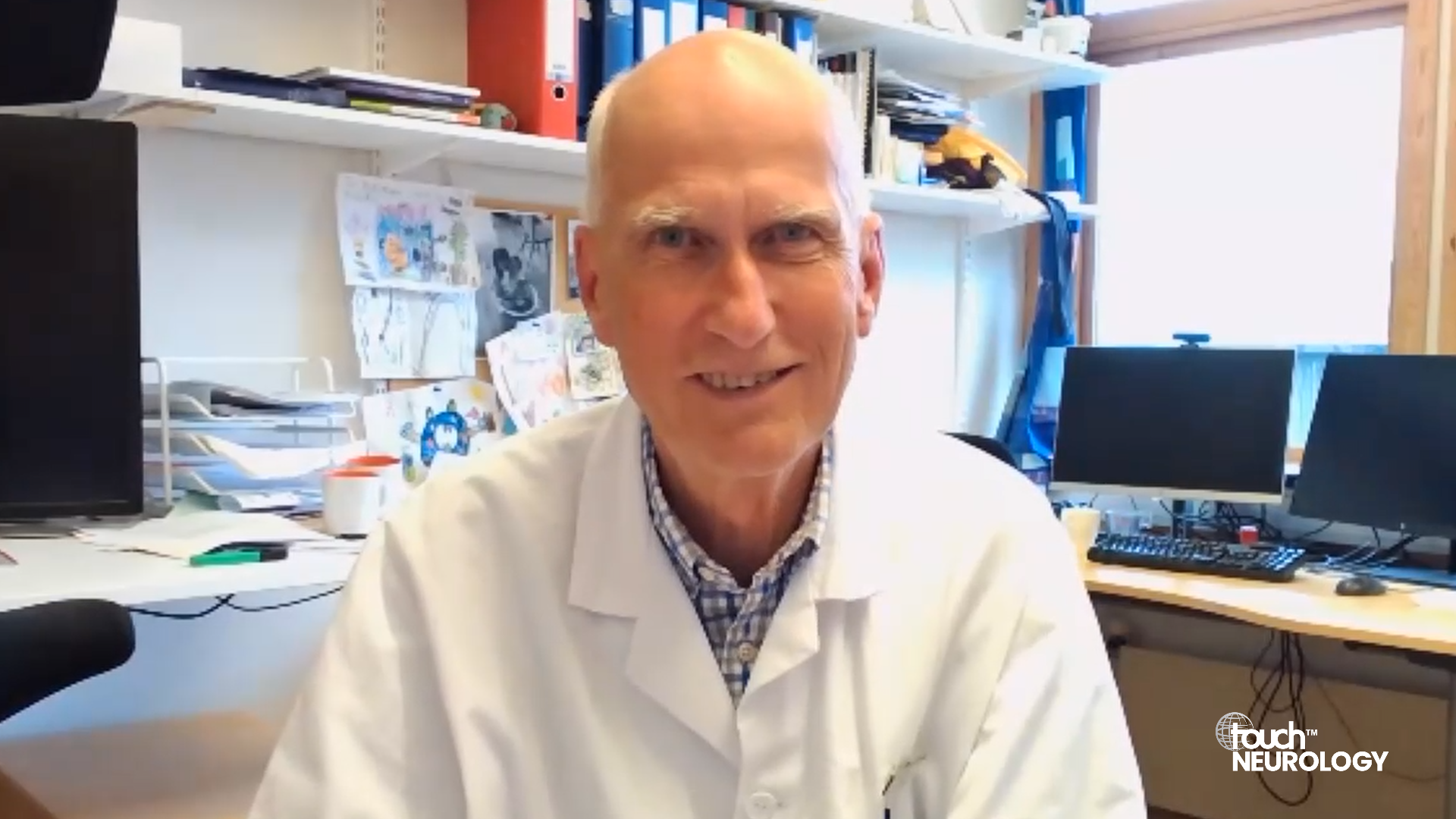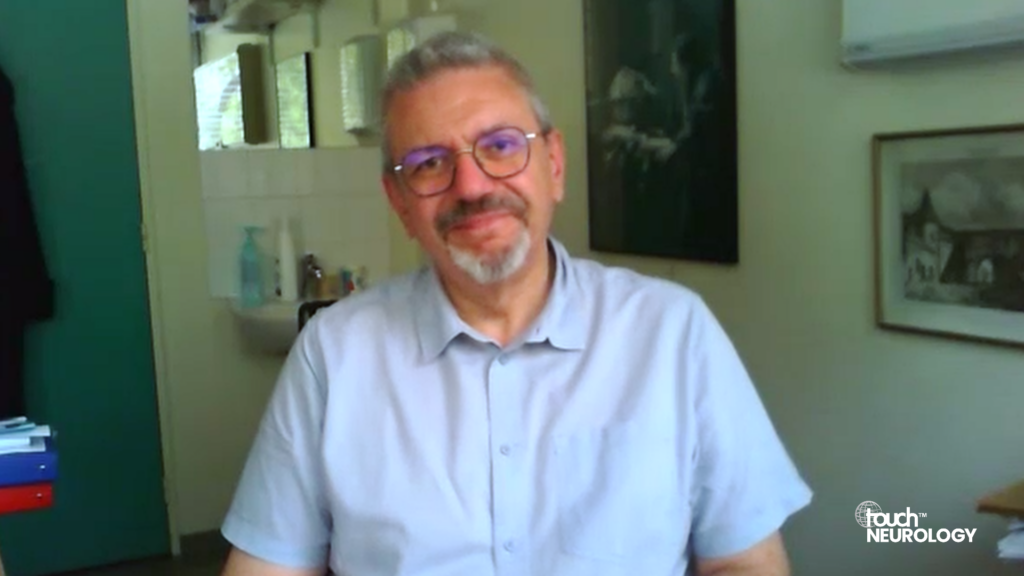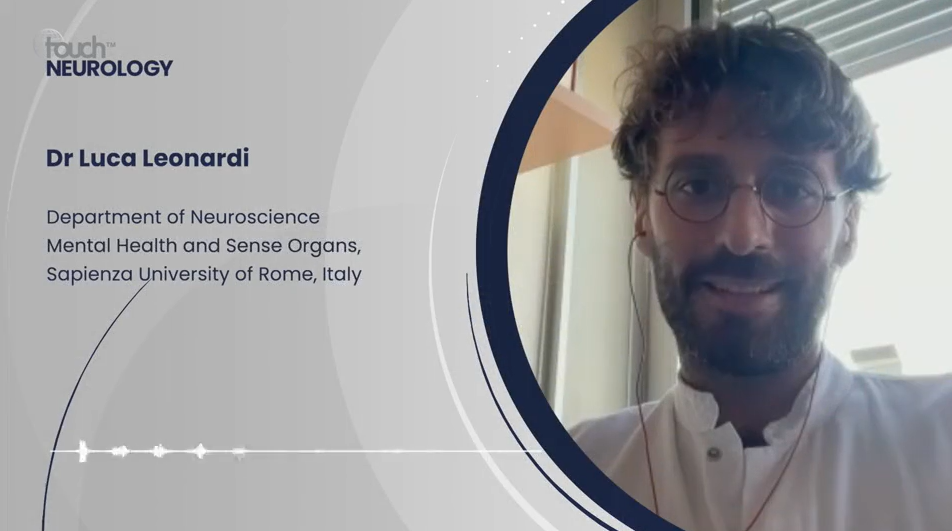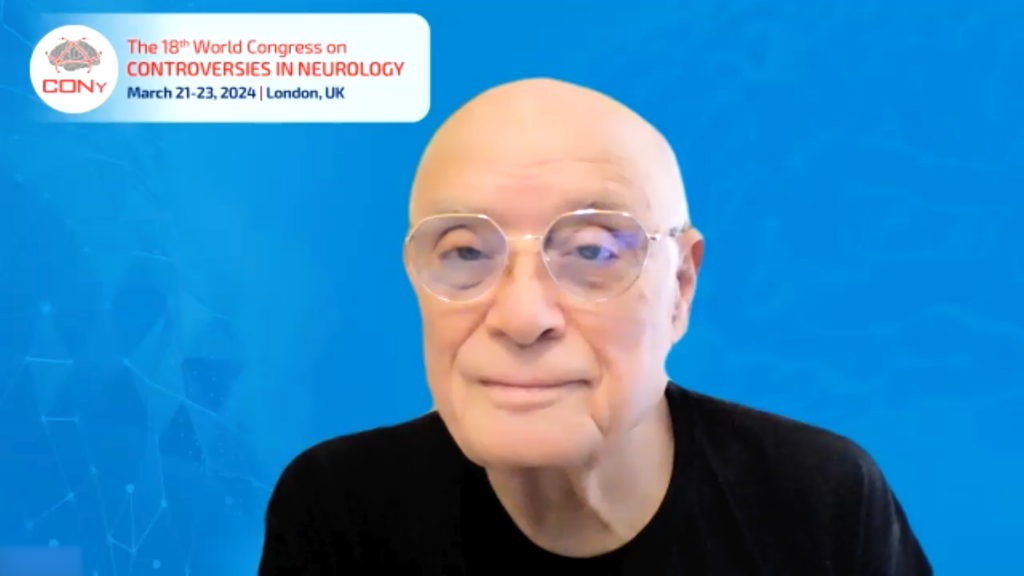touchNEUROLOGY caught up with Tahseen Mozaffar (University California, Irvine, CA, USA) to discuss the results from the PROPEL study (NCT03729362) investigating the use of AT-GAA for the treatment of late-onset Pompe disease.
Questions:
- Could you tell us a little about late onset Pompe disease and the unmet needs in its treatment? (0:15)
- What is AT-GAA and what is its mechanism of action? (1:28)
- What clinical evidence to date supports the use of AT-GAA for the treatment of late-onset Pompe disease? (3:29)
- What are the aims and design of the PROPEL study? (7:51)
- What are the clinical endpoints of the study? (8:44)
Disclosures: Tahseen Mozaffar has served as an advisor to Amicus on trial design; and has served as an investigator on Amicus’ clinical trials on Pompe Disease.
Support: Interview and filming supported by Touch Medical Media











